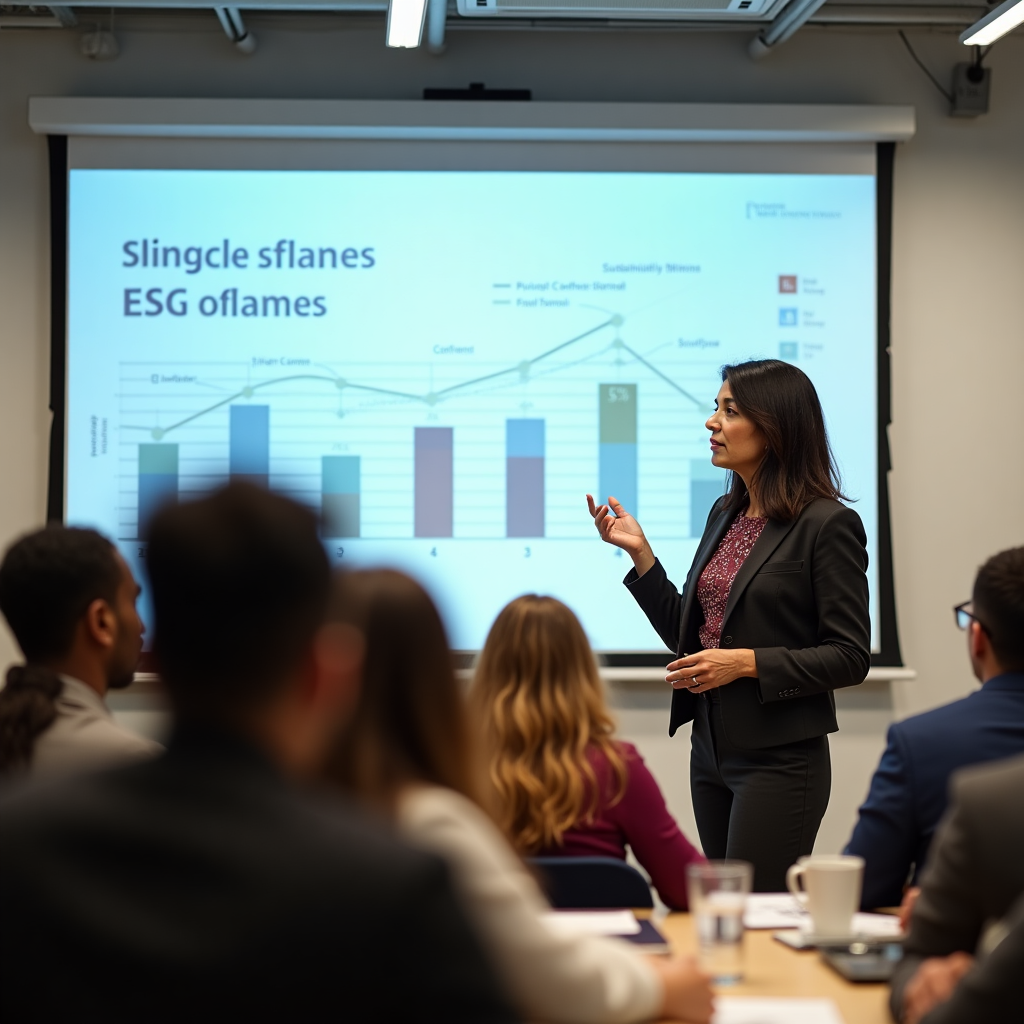Exploring Environmental, Social, and Governance Criteria in Modern Finance

ESG investing refers to an approach that incorporates Environmental, Social, and Governance factors into investment decisions, alongside traditional financial analysis. This framework provides investors with a more comprehensive view of a company's operations, risks, and long-term sustainability.
Unlike conventional investment strategies that focus solely on financial performance, ESG investing considers how a company manages its environmental impact, treats its employees and communities, and structures its leadership and policies.

Environmental criteria evaluate how a company performs as a steward of the natural environment. This includes policies to address climate change, energy efficiency, waste management, conservation efforts, and resource utilization.

Governance criteria focus on a company's leadership, executive pay, audits, internal controls, shareholder rights, and overall corporate behavior. Good governance practices help ensure that companies operate ethically and with accountability to all stakeholders.
South Africa faces distinct ESG challenges, including high unemployment, social inequality, water scarcity, and energy transitions from coal dependency. However, these challenges also present significant investment opportunities in renewable energy, sustainable agriculture, and inclusive financial services.
The Johannesburg Stock Exchange (JSE) has been a pioneer in promoting sustainable investment through its Socially Responsible Investment Index, launched in 2004, which was one of the first of its kind in emerging markets.
South Africa has developed a progressive regulatory environment for ESG investing, including:

South Africa's transition to a low-carbon economy presents significant investment opportunities in renewable energy and green infrastructure.
Various organizations provide ESG ratings for companies based on their performance across environmental, social, and governance criteria. These include MSCI ESG Ratings, Sustainalytics, and S&P Global ESG Scores.
Companies increasingly publish sustainability reports following frameworks like the Global Reporting Initiative (GRI), Sustainability Accounting Standards Board (SASB), and Task Force on Climate-related Financial Disclosures (TCFD).
Specific metrics track tangible ESG outcomes, such as carbon emissions reduced, water conserved, diversity statistics, community investment, and governance improvements.
Many investors map their ESG investments to the United Nations Sustainable Development Goals (SDGs) to demonstrate their contribution to global sustainability objectives.
At EcoVanguard, we're dedicated to advancing understanding of ESG investing principles through education and information sharing. We believe that informed investors can drive positive change through their investment choices.
Our educational resources aim to bridge knowledge gaps and promote responsible investment practices that balance financial returns with positive environmental and social outcomes.
Learn More About Our Mission

Learn about different approaches to incorporating ESG factors into investment decision-making, from negative screening to impact investing.
Read More
Understand how investors evaluate climate-related risks and opportunities in their portfolios, including transition and physical risks.
Read More
Explore how companies are moving beyond shareholder primacy to consider the interests of all stakeholders in their business decisions.
Read MoreMonday - Friday: 8:30 AM - 5:00 PM
Saturday: 9:00 AM - 1:00 PM
Sunday: Closed